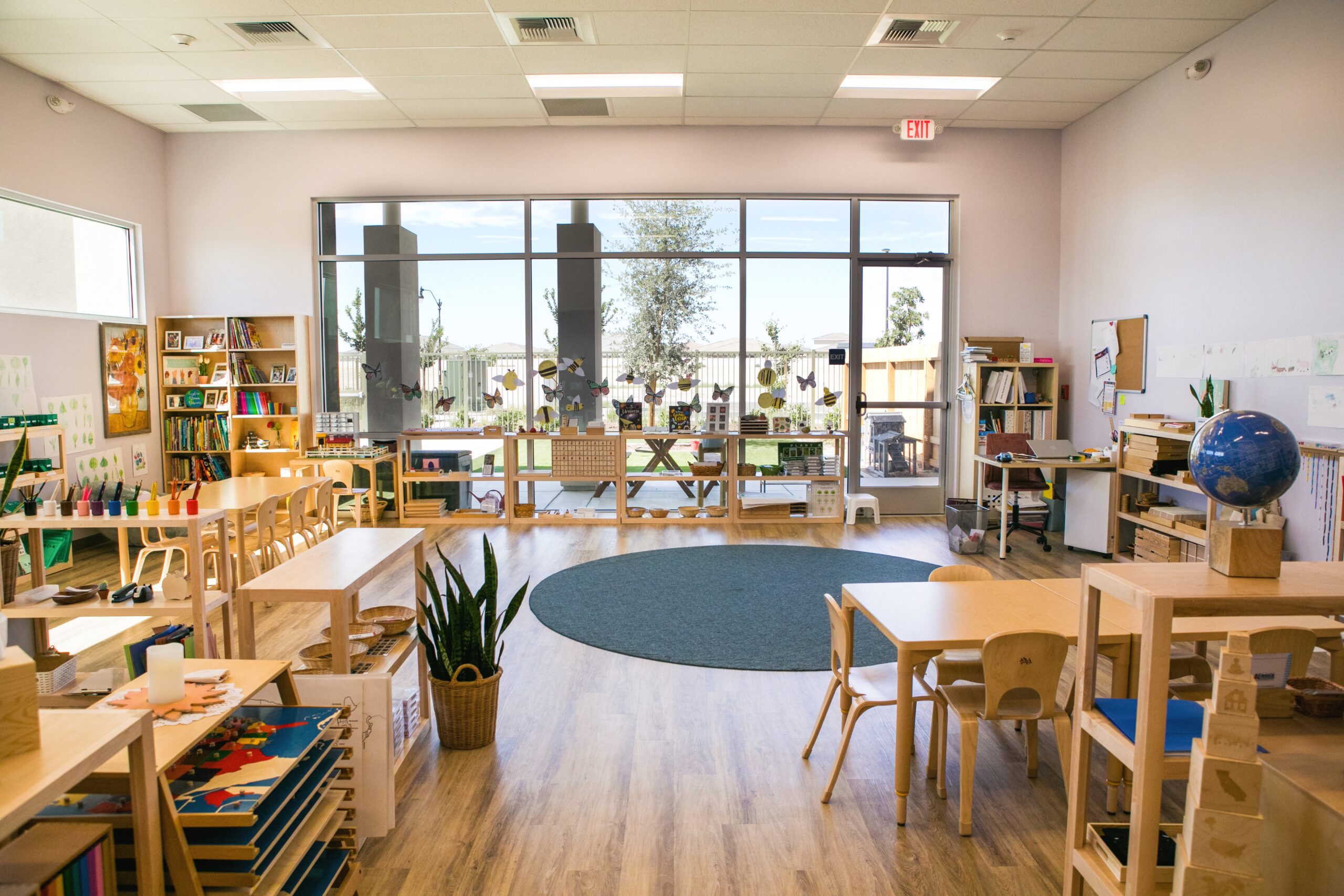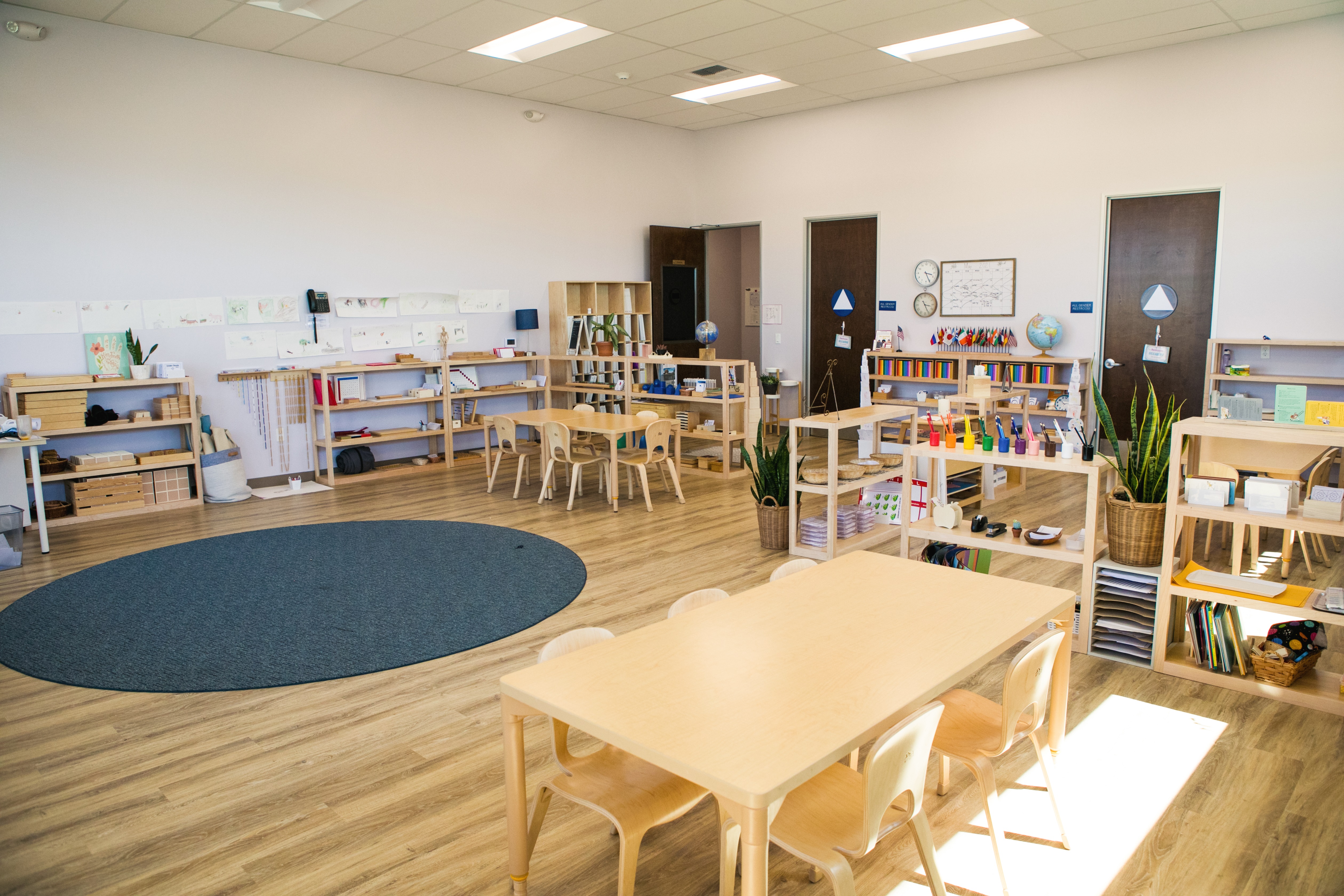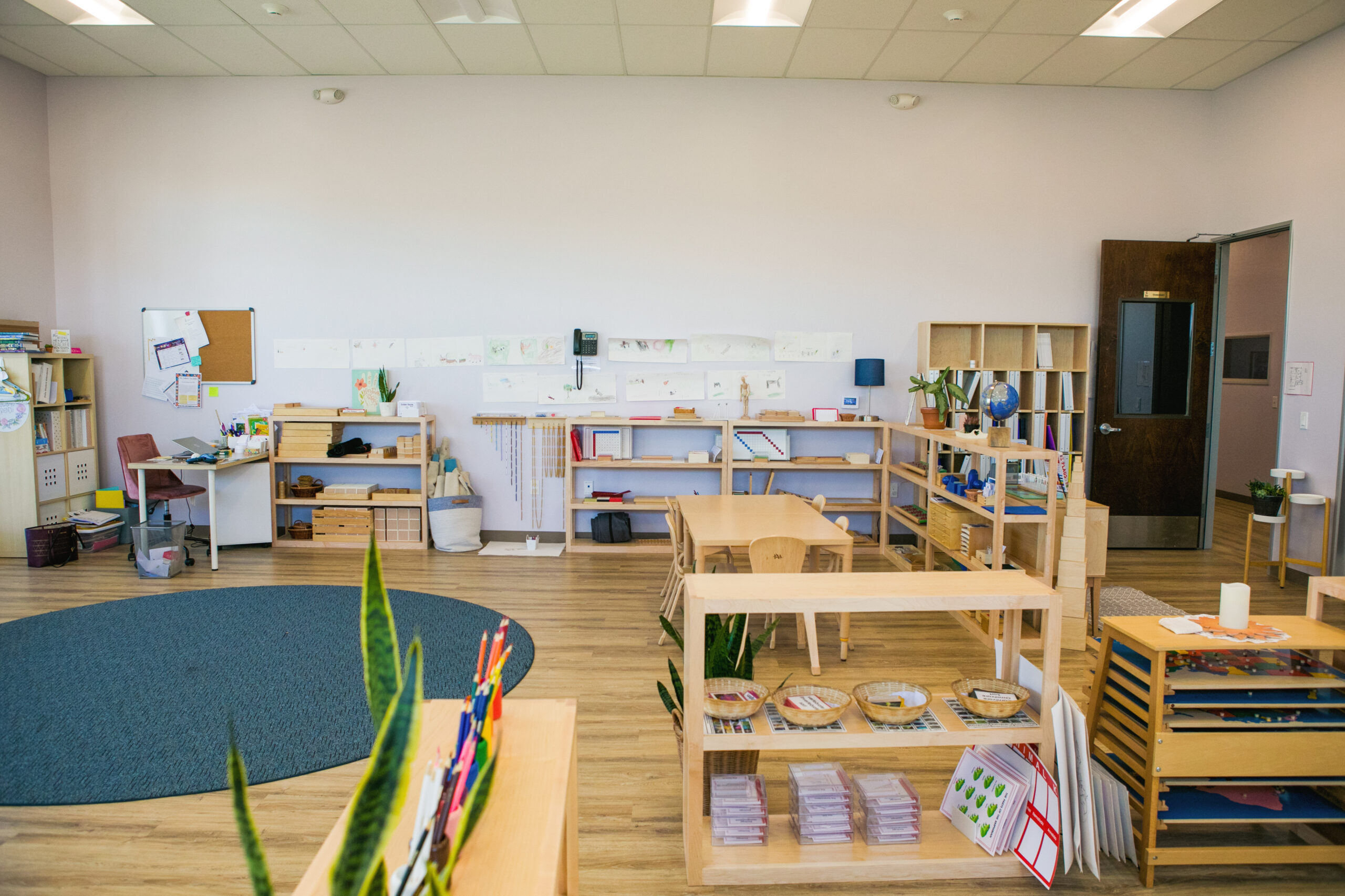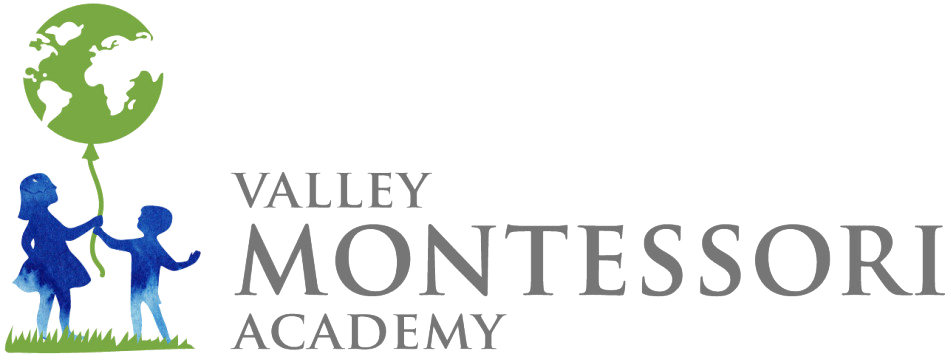Lower Elementary Program



Grades 1 – 3, Ages 6 – 9 Years Old
The Curriculum
The Early Childhood classroom offers your child 5 areas of study: Practical Life, Sensorial, Math, Language, and Cultural Studies. What are the lessons in these areas?
1. Math
Numeration
Numerical quantities, numerical symbols, place value, even/odd, concept of zero, rounding
Computation
Addition, subtraction, multiplication, division concepts and operations, memorization of math facts, exploration of numerical patterns
Fractions
Concept of fractions, naming/vocabulary, equivalence study, operations with like denominators, intro to mixed numbers
Measurement
Linear (standard and metric), time (analog, calendar), money (value, adding, subtracting), temperature, weight
Geometry
Hands-on exploration of shapes (lines, angles, plane figures), congruency, similarity, equivalence
Problem Solving
Word problems and critical thinking problems, estimating, graphing (bar, line), patterns and relationships, games
2. Language
Learning to Read
Sound/symbol relationships (phonetic reading), sight words and contextual clues (reading fluency), reading comprehension, vocabulary/spelling, introduction to research and reference materials
Language Skills
Word study, parts of speech, parts of the sentence
Communications Skills
Listening, storytelling, shared literature, oral presentations
Writing Skills
Handwriting (print and cursive), fiction and non-fiction writing, the writing process (drafting, revising, editing, publishing)
3. Cultural Studies
History
Time (calendars, clocks, timelines), creation myths, evolution, pre- history
Science
The Big Bang theory, origins of the universe, three states of matter, energy, laws of attraction and gravity, sun and solar system concepts, the Five Kingdoms of Life, external and internal parts/body functions of plants and animals, classification and nomenclature
Geography
Continents, land and water forms, countries, capitals, flags, map skills
4. Practical Life
Children learn daily-life skills, such as how to get dressed, prepare snacks, set the table, and care for plants and animals. They also learn appropriate social interactions, such as saying please and thank-you, being kind and helpful, listening without interrupting, and resolving conflicts peacefully. In addition to teaching specific skills, Practical Life activities promote independence, and fine- and gross-motor coordination. Children learn how take care and nourish school pets and all plants in VMA’s edible garden.
5. Sensorial
Children refine skills in perceiving the world through their different senses, and learn how to describe and name their experiences—for example, rough and smooth, perceived through touch. Sensorial learning helps children classify their surroundings and create order. It lays the foundation for learning by developing the ability to classify, sort, and discriminate—skills necessary in math, geometry, and language.
